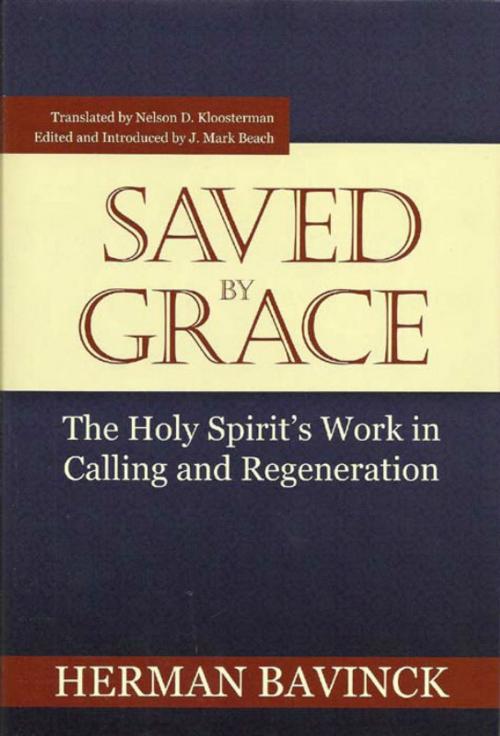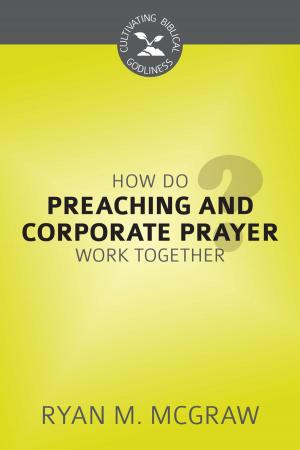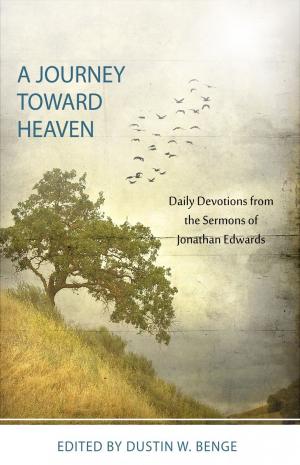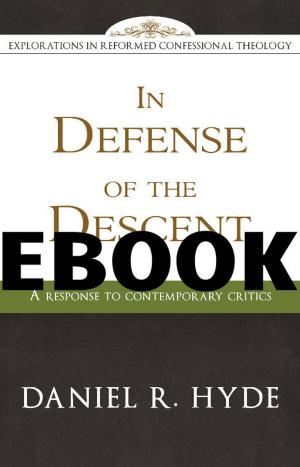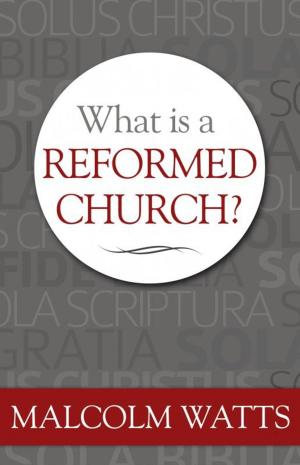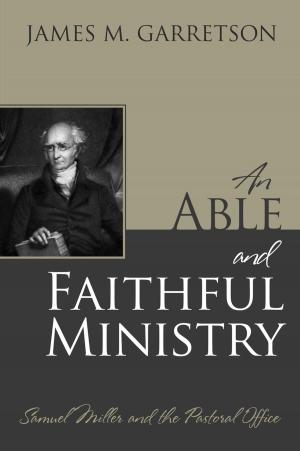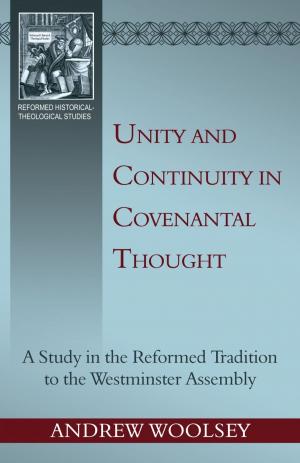| Author: | Herman Bavinck | ISBN: | 9781601782014 |
| Publisher: | Reformation Heritage Books | Publication: | December 2, 2014 |
| Imprint: | Language: | English |
| Author: | Herman Bavinck |
| ISBN: | 9781601782014 |
| Publisher: | Reformation Heritage Books |
| Publication: | December 2, 2014 |
| Imprint: | |
| Language: | English |
In the late nineteenth century, two distinct reform movements coming out of the Dutch State Reformed Church (the Afscheiding of 1834 and the Doleantie of 1886) merged to form The Reformed Churches of the Netherlands (De Geereformeerde Kerken in Nederland). While both groups had much in common, there remained fundamental points of disagreement, which erupted into controversies over such doctrines as immediate regeneration and presumptive regeneration.In Saved by Grace, Herman Bavinck discusses God’s gracious work in bringing fallen sinners to new life and salvation. He gives a careful historical analysis that shows how Reformed theologians have wrestled to understand and express the Holy Spirit’s work in calling and regeneration since the seventeenth century. Bavinck also brings exegetical precision and theological clarity to the discussion, carefully avoiding the errors of undervaluing and overvaluing the use of means in work of salvation. This book, therefore, takes up questions with which every new generation of Reformed writers must grapple.
In the late nineteenth century, two distinct reform movements coming out of the Dutch State Reformed Church (the Afscheiding of 1834 and the Doleantie of 1886) merged to form The Reformed Churches of the Netherlands (De Geereformeerde Kerken in Nederland). While both groups had much in common, there remained fundamental points of disagreement, which erupted into controversies over such doctrines as immediate regeneration and presumptive regeneration.In Saved by Grace, Herman Bavinck discusses God’s gracious work in bringing fallen sinners to new life and salvation. He gives a careful historical analysis that shows how Reformed theologians have wrestled to understand and express the Holy Spirit’s work in calling and regeneration since the seventeenth century. Bavinck also brings exegetical precision and theological clarity to the discussion, carefully avoiding the errors of undervaluing and overvaluing the use of means in work of salvation. This book, therefore, takes up questions with which every new generation of Reformed writers must grapple.
